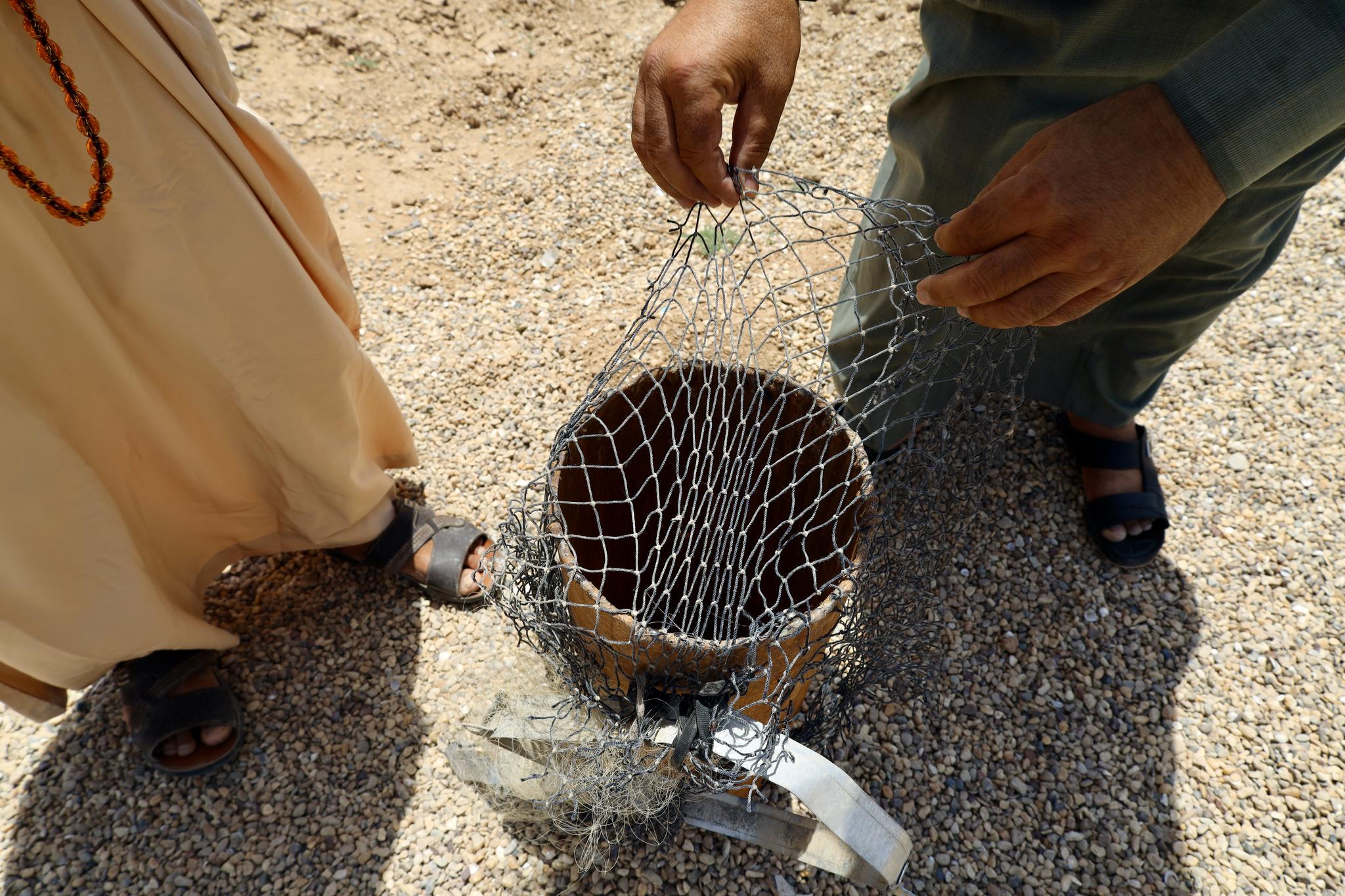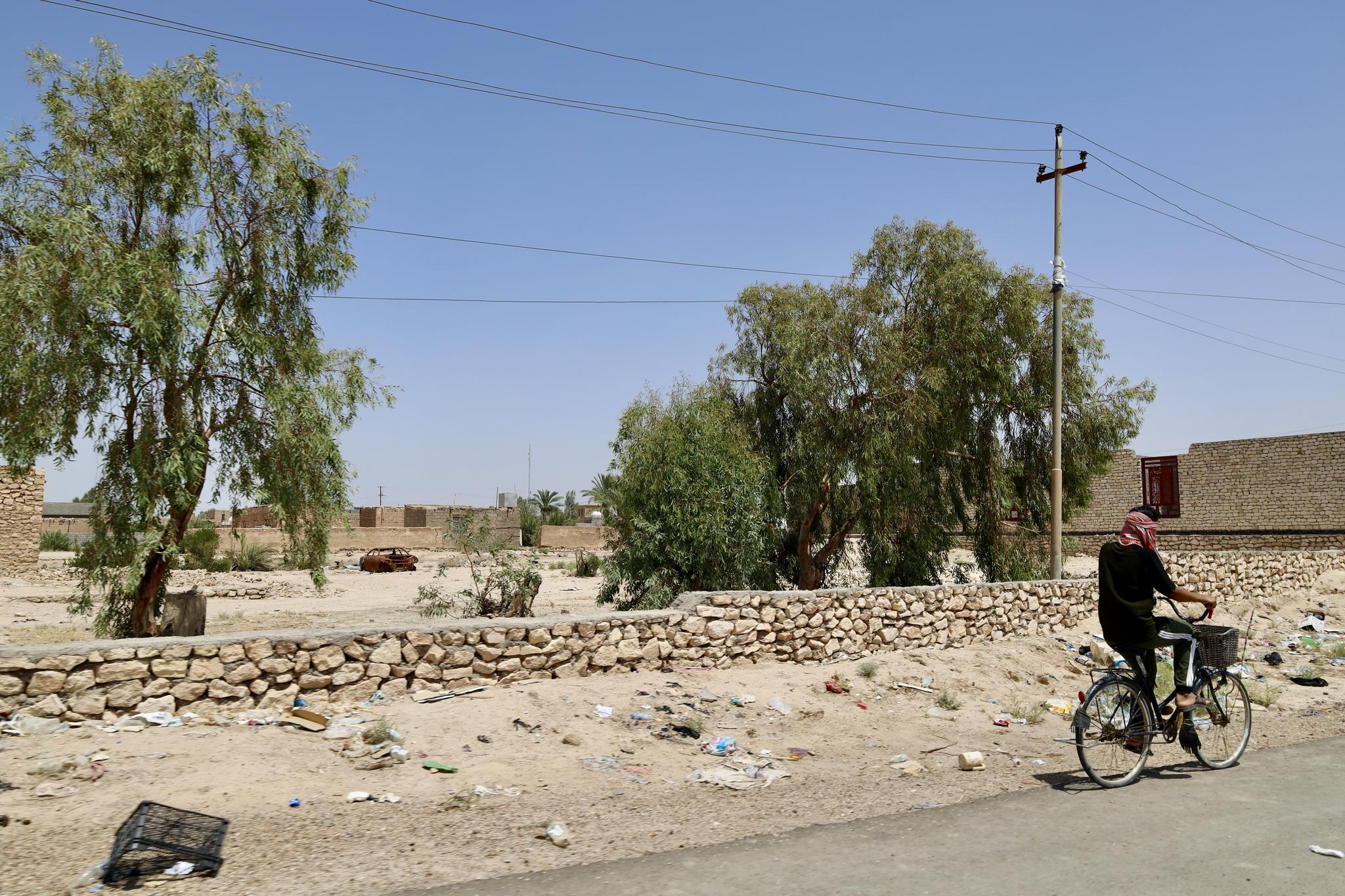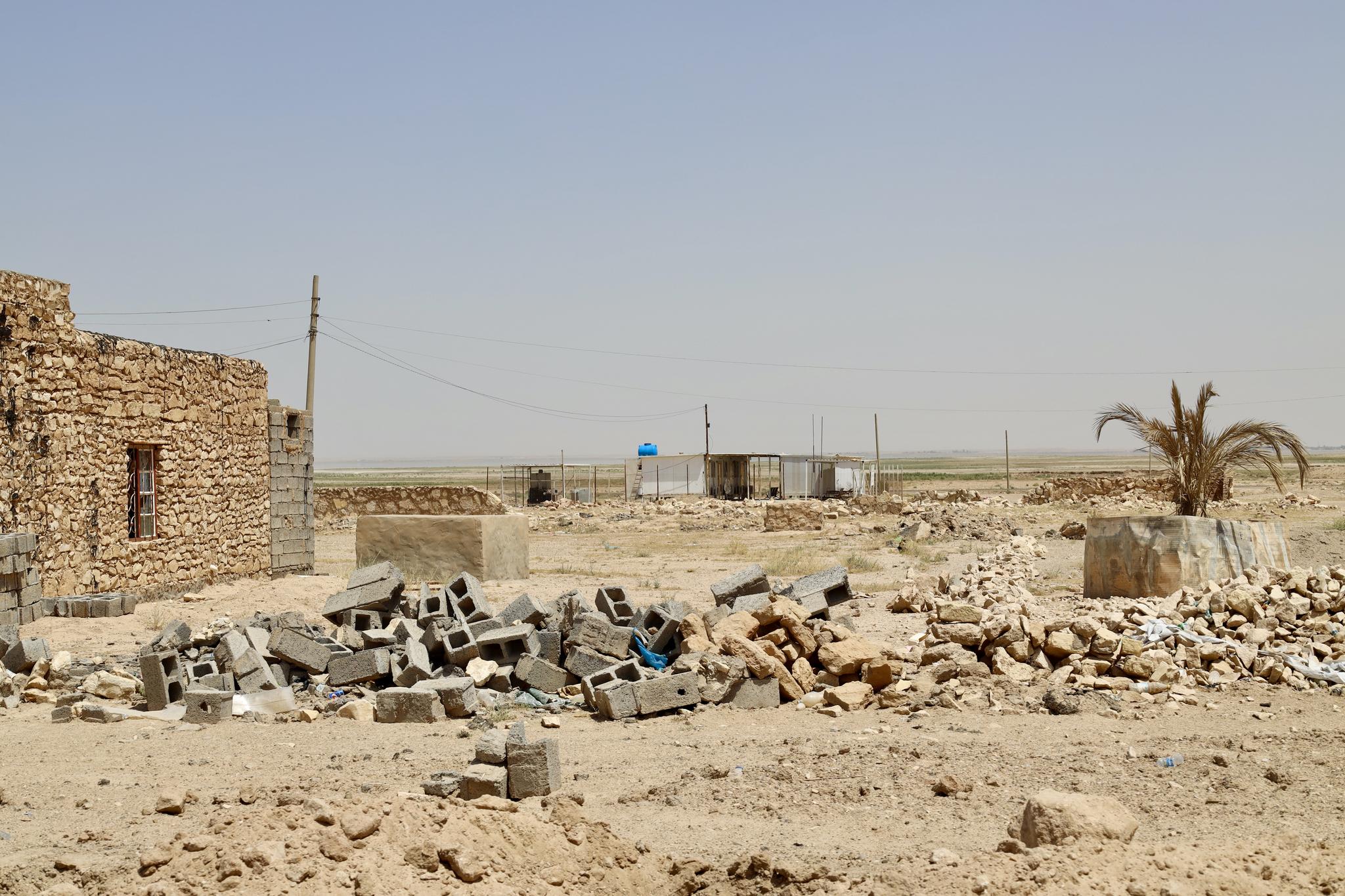Climate Change and Women's Resilience in Iraq LSE workshop
Recognising Climate-Harmed Women as Victims — Legal Gaps and Justice Pathways in Iraq: https://www.lse.ac.uk/middle-e...
Opening
Hi everyone, I’m Alannah Travers, an LLM student at SOAS university specialising in IHL and Human Rights, and a former journalist reporting on Iraq. My research sits at the intersection of international humanitarian law, environmental justice, and gender — and in this workshop, I’m especially interested in how legal frameworks shape — or limit!! — who is recognised as a victim in climate-affected, post-conflict contexts. I'm interested in how different legal traditions — from Islamic legal theory to international humanitarian norms — interact in the aftermath of conflict, and especially in Iraq, where legal pluralism and political instability can complicate efforts at justice.
Summary
In Iraq, extreme heat and water scarcity are pushing rural communities into deeper precarity. But while we rightly recognise conflict-related survivors in post-conflict legal frameworks like the 2021 Yazidi [female] Survivors’ Law (YSL), climate-displaced women are absent from these conversations.
My proposed research explores how Iraq’s laws (both domestic and internationa) fail to acknowledge women displaced or harmed by environmental crises as victims entitled to legal protection or reparations. I’m also exploring whether Islamic legal principles like Sulh (reconciliation) could offer alternative, community-rooted models of justice in this space.
I’m interested in how transitional justice frameworks can better serve survivors of atrocities like the Yazidi genocide. As part of my work with the Coalition for Just Reparations, I contributed to advocacy around the 2021 Yazidi Survivors' Law, which was a landmark effort recognising the experiences of women subjected to sexual violence. But... legal victories on paper don't always translate into meaningful enforcement, especially in post-conflict societies. In Iraq, competing systems of law — state, tribal, religious, et.c — can fragment justice efforts and marginalise survivors who don’t fit dominant victim narratives. How might international humanitarian law’s enforcement gaps intersect with local conceptions of justice, especially for women? How do these systems reinforce or challenge hierarchies of victimhood? And how can we reimagine justice beyond legal compliance — towards healing and inclusion?
- Who counts as a victim under Iraqi and international law?
- How do environmental harms intersect with legal invisibility for women?
- And could hybrid legal approaches, including Islamic and human rights frameworks, fill the gap?
Conclusion
In this workshop, I am interested in how gendered understandings of harm — including from climate change — can be integrated into legal and advocacy strategies. I hope to collaborate on interdisciplinary approaches that centre women’s voices in both environmental and post-conflict resilience, bridging legal and lived experiences and to use this workshop to develop an interdisciplinary lens on these questions, learning from those working in climate science, governance, and gender advocacy.
Ultimately, my goal is to develop policy strategies that ensure Iraqi women affected by climate change are not left behind in post-conflict justice efforts. I look forward to hearing your insights and potentially collaborating on new models of resilience that combine legal reform with real-world inclusion.



Credit for photos: Alannah Travers (2023) Fallujah, Iraq
